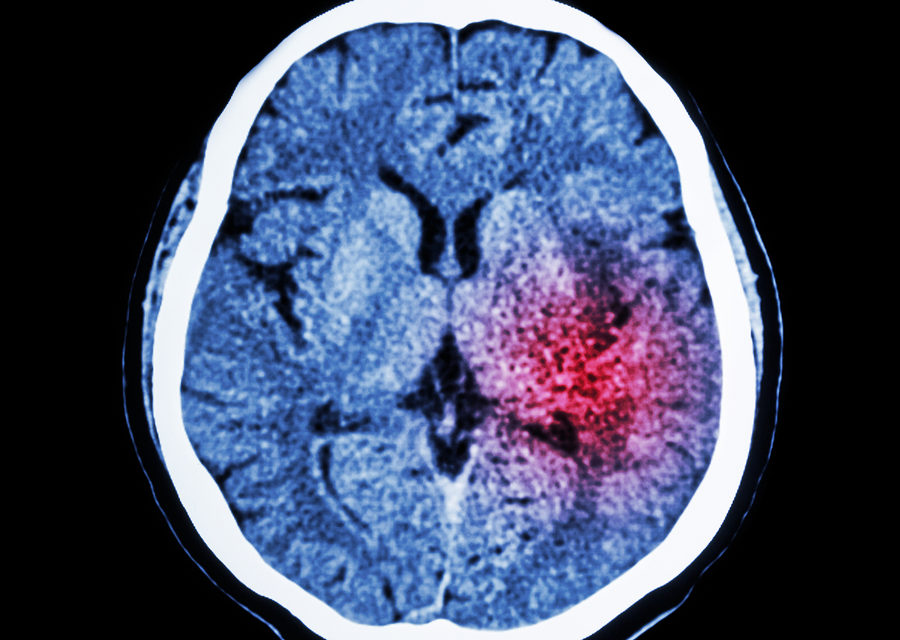Research appearing in Nutrition, Metabolism, and Cardiovascular Diseases (2005; 15(3):188-97) surveyed 755 subjects aged 65-99 years (361 men and 394 women). Special emphasis was placed on diet and information was obtained through dietary history interviews. The subjects were followed for up to 10 years. Serum vitamins and mineral elements were analyzed.
The researchers found that a low intake of vitamin D and low serum vitamin D were associated with stroke when adjusted for other risk factors.
On the other hand, high dietary intakes of certain bioflavonoids (plant pigments that act as antioxidants) decreased the risk for acute myocardial infaction. Low levels of iron in the serum seem to increase the risk of both stroke and acute myocardial infarction. The results remained essentially unchanged when adjusted for additional major risk factors of atherosclerosis.





